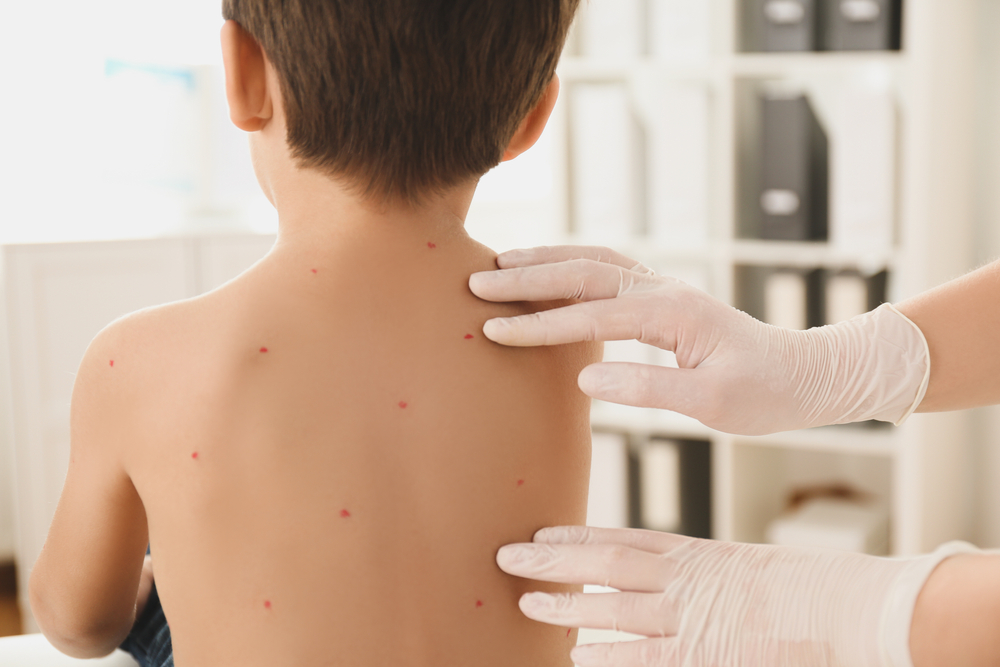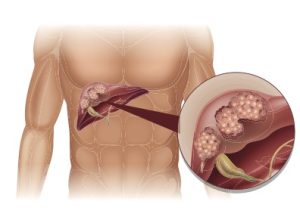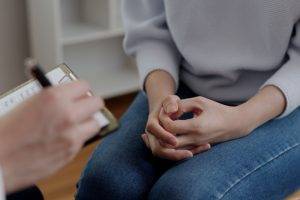Chickenpox is a highly contagious disease caused by the varicella-zoster virus (VZV). It presents as itchy rashes with fluid-filled blisters that spread from the trunk to other body parts. It is usually self-limiting in immunocompetent individuals, resolving within two weeks. VZV is spread through close contact with infected individuals.
In the past, chickenpox was endemic worldwide and contracting the disease was a common rite-of-passage in school-going children. However, with the advent of vaccination programs in the 90’s, incidences of varicella infection or hospitalisation due to varicella-related complications have declined sharply.
PSA: Medical Channel Asia (MCA) is now on Telegram! Join us here https://t.me/MedicalChannelAsia for daily reads and the latest updates at your fingertips!
Causes and Risk factors
VZV causes chickenpox. It is spread from people infected with chickenpox or shingles, to others who usually have never had chickenpox or are chickenpox vaccine-naive. For most people, getting chickenpox once produces antibodies which confer immunity for life; only in some rare cases does chickenpox recur. 20% of vaccinated children may also develop breakthrough disease.
Transmission occurs through airborne route (respiratory secretions on sneezing/coughing) or direct contact with vesicular fluid of lesions.
A person is infectious from one to two days before the rash appears until the blisters form scabs. Vaccinated people who get chickenpox may develop lesions that do not crust. These people are deemed contagious until no new lesions have appeared for 24 hours.
It takes anywhere from 10 to 21 days after exposure to an infected person for someone to develop chickenpox.
Complications of Chickenpox
Chickenpox is mostly mild in young children, but there is a greater risk of developing complications for the following groups:
- Adults
- People with weak immune systems due to illness or medications, such as:
- Those who have had organ transplants
- HIV/AIDS patients
- Those on immunosuppressants, long-term steroids or chemotherapy
- Fetuses/Neonates
- Pregnant women
Complications include:
- Secondary bacterial skin infection of skin, soft tissues, bones
- Infection of the bloodstream (sepsis)
- Infection of the lungs (pneumonia)
- Infection/inflammation of the brain (encephalitis, cerebellar ataxia)
And those pertaining specifically to pregnancy:
- Pneumonia in both mother and fetus
- Congenital Varicella Syndrome (multiple birth defects e.g. scarring on skin, abnormalities in limbs, brain and eyes, low birth weight) in baby if pregnant women are infected by the virus in the first 8 to 20 weeks of pregnancy
- Severe life-threatening Neonatal Varicella if pregnant women are infected with chickenpox during the few days before delivery to 48 hours postpartum
Signs and symptoms
A day or two before the typical rash appears, common symptoms include:
- Fever
- Loss of appetite
- Headache
- Tiredness
- General feeling of being unwell (malaise)
The itchy blister rash appears 10 to 21 days after exposure to the virus. It usually shows up first on the chest, back, and face, then spreads to the entire body, including inside the mouth, eyelids, or genital area. The rash goes through three phases:
- Raised pink or red bumps which emerge over several days
- Small fluid-filled blisters (vesicles), which form in about one day, then rupture
- Scabs, which cover the broken blisters and take several more days to heal
New bumps continue to appear for many days, so you may have all three stages of the rash — bumps, blisters and scabs — simultaneously. It takes about 1 to 2 weeks for blisters to scab over.
Diagnosis
It is typically easy for a physician to diagnose chickenpox by a simple examination of the rash. If there is any uncertainty, laboratory confirmation via blood test or the use of polymerase chain reaction (PCR) can be done. The blood test involves checking blood samples for VZV antibodies, to determine if you have active chickenpox infection or are immune to the disease. The PCR test involves taking a sample of vesicular fluid and detecting VZV DNA. It is the most sensitive and reliable method for diagnosis.
Treatment of Chickenpox
Treatment of chickenpox is usually supportive and symptomatic relief e.g.:
- Taking antihistamines to help relieve itch
- Paracetamol for fever or pain from broken vesicles. AVOID the use of Non-Steroidal Anti Inflammatory Drugs (NSAIDs) like ibuprofen in chickenpox, as there have been associations with development of serious skin and soft tissue infections
- Ensuring good hydration
- Applying calamine lotion to relieve itch
- Trimming fingernails to minimise risk of bacterial infection with scratching
- Minimising direct contact with others to prevent spread
Doctors sometimes prescribe antivirals eg. aciclovir for 5-7 days, for adults who present within 24 hours of getting symptoms. They reduce the severity and duration of the disease, as well as reduce the likelihood of complications. These may be useful especially for those who have impaired immunity. Other less commonly used drugs for high-risk groups include immune globulin treatment.
Prevention
Chickenpox can be prevented by vaccination. Vaccines are available in various formulations, as single antigens and in combination with measles, mumps, and rubella vaccine. Most people who get the vaccine will not get chickenpox. If a vaccinated person does get chickenpox however, the symptoms are usually milder with fewer/no blisters (may have red spots only) and mild/no fever.
The introduction of vaccines has helped in reducing the burden of disease which has several benefits, such as decreasing disease-related complications, health care costs, and work time lost. Several countries worldwide have made the varicella vaccine mandatory.












